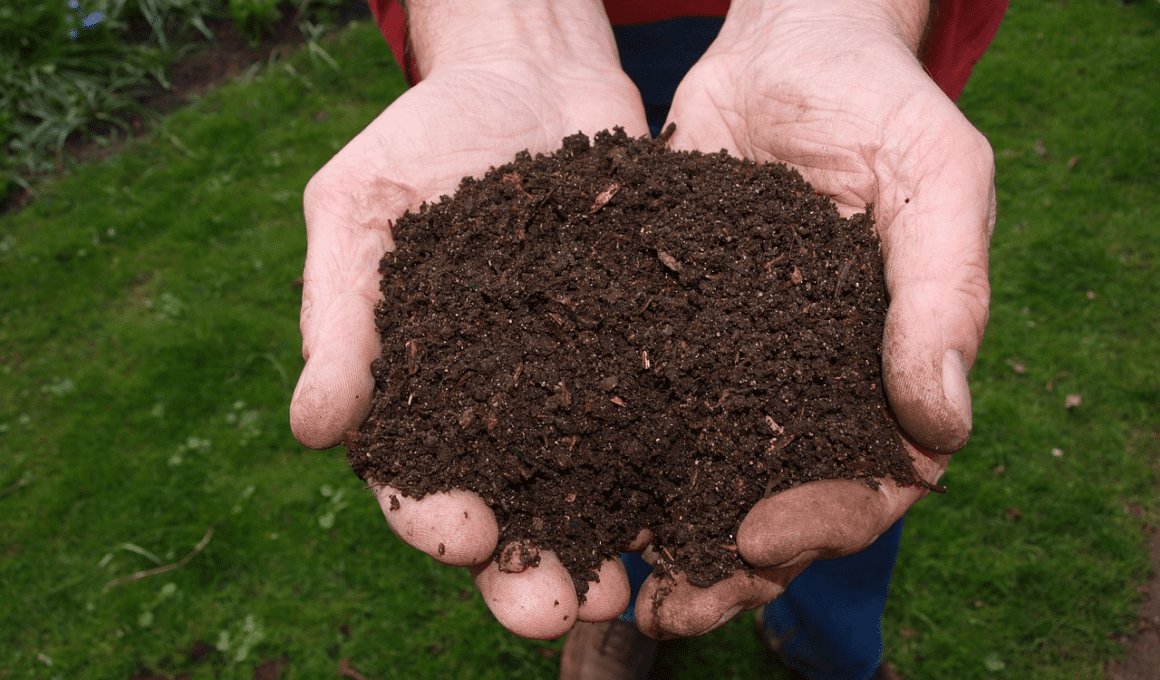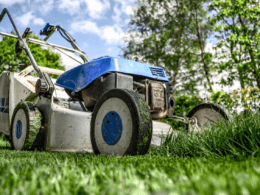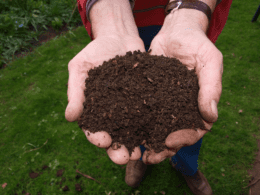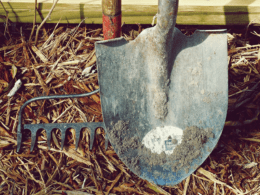Are you tired of dealing with stinky compost that makes your nose crinkle and your stomach turn? Proper composting is key to creating nutrient-rich soil that will benefit your garden, but it can also be a source of unpleasant odors.
Fortunately, with a few simple tips and tricks, you can say goodbye to stinky compost and hello to earthy-smelling soil that will nourish your plants.
In this article, we’ll explore the importance of proper composting and share practical advice on how to prevent bad odor both indoors and outdoors. By following these tips, you’ll not only create compost that smells better but also reduce the risk of attracting unwanted pests and bacteria.
So let’s get started on your journey to creating odor-free, nutrient-rich soil for your garden!
Quick Takeaways
- Proper composting requires a balance of green and brown materials, good air circulation, and the right moisture level to create nutrient-rich soil and reduce organic waste in landfills.
- Indoor composting requires a proper balance of green and brown ingredients, regular cleaning, and the use of charcoal filters and eco-friendly disposal bags to prevent bad odors.
- Outdoor composting requires maintaining proper levels of green and brown materials, troubleshooting bad odors by adding more brown materials and ensuring proper aeration, and using natural odor absorbers like baking soda or activated charcoal.
- Maintaining proper composting practices is the best way to prevent bad odors and reduce your carbon footprint by reducing waste sent to landfills, leading to odor-free, nutrient-rich soil for your garden.
What Are Some Tips for Disposing of Compost without Creating a Bad Odor?
When it comes to composting, proper wax paper disposal tips can help you avoid unpleasant odors. Firstly, ensure your compost pile is well-balanced with a mix of greens and browns. Avoid adding meat, dairy, or oily items that can cause odor. Cover your compost with leaves or wood chips to control smells. Lastly, frequent turning and proper aeration can prevent odor build-up.
Importance of Proper Composting
You need to understand the importance of proper composting to prevent bad odor and maintain a healthy compost pile. Composting benefits not only your garden but also the environment by reducing organic waste in landfills.
Proper composting requires a balance of green and brown materials, good air circulation, and the right moisture level. When you compost correctly, you create an environment for microorganisms to break down organic materials into nutrient-rich soil.
This soil is perfect for growing healthy plants without the need for chemicals. Plus, you reduce your carbon footprint by reducing the amount of waste you send to landfills. So, take the time to learn how to compost properly and enjoy the benefits of organic waste management.
Preventing Bad Odor Indoors
Maintain proper balance of green and brown ingredients in your indoor compost bin to prevent unpleasant odors. A good rule of thumb is to have equal parts of green and brown materials. Green materials include things like food scraps and grass clippings while brown materials include things like dry leaves and twigs. Too much of either can cause an imbalance and lead to bad odors.
To further prevent bad odors, invest in a good quality compost bin with replaceable charcoal filters and eco-friendly disposal bags. The charcoal filters will help absorb any odors and the eco-friendly disposal bags will break down along with the compost. Make sure to replace the filters every 3-4 months, empty the bin every 3-4 days, and wash and disinfect regularly. Only add a new bag when the inside is dry. By following these simple steps, your indoor compost bin can be odor-free and eco-friendly.
| Tips | Benefits | |||
|---|---|---|---|---|
| Regular cleaning | Prevents buildup of bad odors | |||
| Proper balance of ingredients | Prevents imbalance and bad odors | |||
| Charcoal filters | Absorbs any odors | Using a plastic liner or newspaper | Makes it easier to remove compost and prevents messes |
Preventing Bad Odor Outdoors
To prevent bad odors outdoors, it’s important to maintain proper levels of green and brown materials in your compost pile or bin.
If you notice a foul smell, troubleshoot the issue by adding more brown materials, such as leaves or shredded paper, to balance out the excess moisture from green materials like food scraps.
Make sure to mix in the brown materials at the first hint of bad odor and ensure there is enough air circulation to prevent the pile from becoming too wet.
In addition, you can use natural odor absorbers to help keep your compost smelling fresh. Baking soda or activated charcoal can be sprinkled on top of the pile or placed in a small container next to your compost bin to absorb any unwanted smells.
However, it’s important to remember that the best way to prevent bad odors is to maintain proper composting practices, such as balancing your ingredients and ensuring proper aeration.
With a little effort, you can keep your outdoor compost pile smelling earthy and fresh.
Frequently Asked Questions
Can you still use compost that has a bad smell?
If your compost smells bad, it’s a sign of poor conditions. Dealing with Smelly Compost: Solutions & Alternatives include fixing wetness, balancing green and brown ingredients, and ensuring aeration. Benefits of Composting for Soil Health are plentiful, so it’s worth taking the time to maintain good composting practices.
How often should you turn your outdoor compost pile?
To ensure optimal turning for aerobic composting, turn your outdoor compost pile every 2-3 weeks with a pitchfork or compost turner. This helps aerate the pile, allowing for faster decomposition and reducing the chances of bad odor.
Is it necessary to use charcoal filters in indoor compost bins?
Using charcoal filters in indoor compost bins can help prevent bad odor and keep your home smelling fresh. However, if you prefer an alternative, you can use baking soda or essential oils. Just remember to replace them regularly for best results.
Can you compost meat and dairy products?
You can compost meat and dairy, but it may cause bad odor and attract pests. Alternative ways to dispose of them include burying them in the ground or using a specialized composting service.
How long does it typically take for compost to be ready to use in gardening?
When composting, the stages involve breaking down materials into a rich soil. Troubleshooting bad odor is a sign of poor conditions and can be avoided by balancing ingredients and maintaining proper moisture levels. Compost can take 2-6 months to be ready for gardening.









